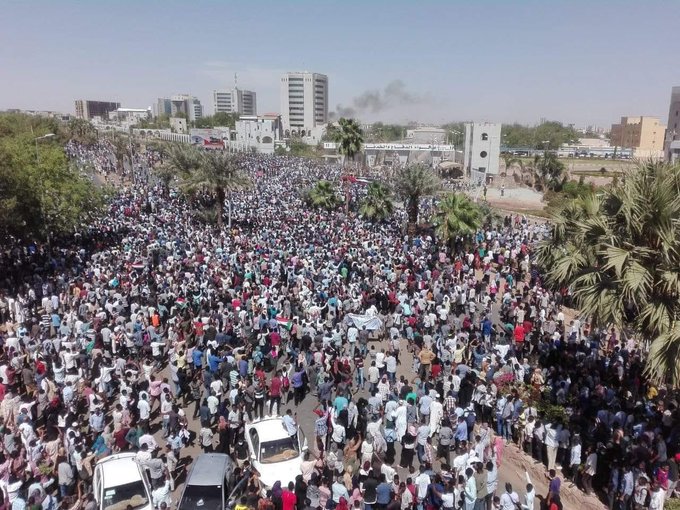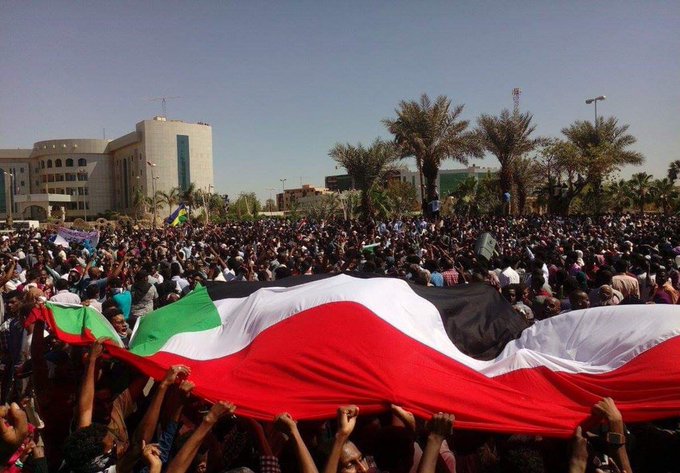
HRW-News agencies-North Atlantic – Alyurea
Just a few days ago, residents of Khartoum woke to the news of a failed coup attempt. Following the event, civilian leaders, including Prime Minister Dr. Abdalla Hamdok, called for key reforms of the country’s security forces to be expeditated. But military leaders responded aggressively, challenging their civilian counterpart’s ability to carry out such reforms.
The coup attempt was blamed on soldiers loyal to former President Omar al-Bashir,at once Pro-democracy rallies have been held in the capital Khartoum by supporters of the civilian leadership.
Protesters demanded an immediate transfer of power to a civilian government, accusing the military of derailing the transition to democracy.
Sudan’s military accuses politicians of failing to govern effectively,the head of the sovergin council general Al-Burhan went on TV to deny any intention by himself to overthrow the government but accuses what he called “small group” of hijacking the Sudan-upraise .
The transitional government, led by Abdalla Hamdok, was also accused of dragging its heels over the prosecution of those responsible for killing protesters during the 2019 popular uprising.
But Sudan’s failed coup shows why military reform is a must
News of the failed plot came the same day that US President Joe Biden extolled democracy, and the courage of those seeking it, in his address to the United Nations. He mentioned Sudan specifically: “The democratic world is everywhere … It lives in the brave women of Sudan who withstood violence and oppression to push a genocidal dictator from power and who keep working every day to defend their democratic progress.”
It came as no surprise that elements apparently aligned with al-Bashir, who was overthrown in 2019 after a quarter-century in power, might seek to subvert the country’s progress toward democratic rule. The jailed former leader is wanted on International Criminal Court charges of genocide and war crimes allegedly committed in the region of Darfur. Sudanese authorities say the coup perpetrators are Bashir loyalists both inside and outside the military.
Officers are notably part of the transitional government. During the two years that a civilian cabinet has nominally been administering the affairs of state, the country’s technocrats have seemingly gone to great lengths to put their military partners at ease and avoid direct conflicts with them. Civilian leaders choose to focus on the social, economic, and administrative reforms squarely under civilian control, allowing the question of security-sector reform to loom in the background.
Loud and clear signals
“As Sudan tries to skirt disaster, the international community has taken notice, condemning the coup attempt and dispatching a flurry of envoys and other VIPs to Khartoum this week to convey their support for civilian rule in person. The US Congress went so far as to threaten to reimpose sanctions and withdraw as much as $1 billion in promised investment and development assistance if the military attempted to reassert total control” wrote Cameron Hudson a nonresident senior fellow with the Atlantic Council’s Africa Center.


